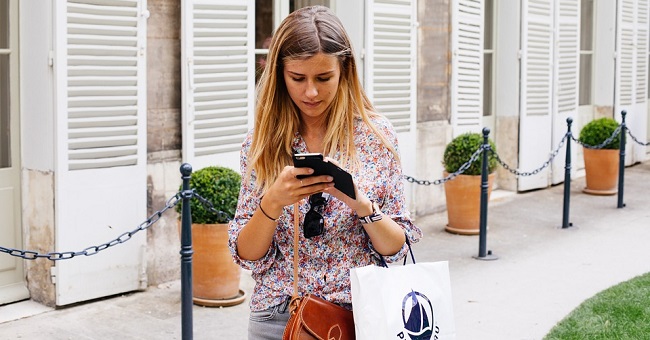This wearable technology saw its debut at the Rio 2016 Olympics and was worn by athletes there.
The NFC Ring has been attracting interest since its original crowdfunding by way of Kickstarter. It has finally made its debut, which occurred at the Rio 2016 Olympics. Olympic athletes wore the wearables enabled with near field communication technology. This made it possible for them to pay for their purchases using their Visa accounts.
Now, these wearable technology devices are available for the rest of the public to pre-order.
The NFC Ring works through near field communication technology. This means that it can be tapped against NFC readers in-store to pay for purchases. The tech is now available for pre-order and has a price tag of about $53. The user must choose his or her ring size in order to make sure it will fit his or her hand. The first wave of shipments are expected to begin in December. That said, while it is equipped with the technology for mobile payments it’s important to note that the relationship with Visa was limited to the test with the Olympians.
The NFC Ring payments technology is getting ready for widespread use.
NFC technology is a much shorter range of wireless communication than Bluetooth or WiFi. This means that a mobile payments transaction can’t be completed unless the wearables are waved immediately over the reader or are tapped together.
Many of the largest mobile wallets use this technology. This includes Apple Pay, Android Pay and many others launched by credit card companies and even retailers. The new wearable technology is among the first to provide a device other than a smartphone or smartwatch for mobile payments.
This specific project began with Kickstarter around three years ago. It has been carefully watched by the tech community and consumers alike. This marks its first release for public purchase. It is sold in black and white ceramic color options. The design is such that it appears to be a regular ring instead of some form of technology.
Aside from mobile payments, the NFC Ring can also be used with near field communication enabled smartphones and tablets to unlock them without the need for a password or passcode.
* Correction – this article was altered on August 27, 2016. It had previously inaccurately implied that the relationship between Visa and the NFC Ring extended beyond the test among the Olympians in Rio 2016.

 Zebra Technologies published their findings in their annual Global Shopper Study. Also reported in the study were additional mobile commerce trends. Among them was that 76 percent of shoppers enjoy the in-store shopping experience. Furthermore, 50 percent of consumers think online and mobile technology solutions improve their experiences. They feel the retail experience is enabled and enhanced with this tech.
Zebra Technologies published their findings in their annual Global Shopper Study. Also reported in the study were additional mobile commerce trends. Among them was that 76 percent of shoppers enjoy the in-store shopping experience. Furthermore, 50 percent of consumers think online and mobile technology solutions improve their experiences. They feel the retail experience is enabled and enhanced with this tech.